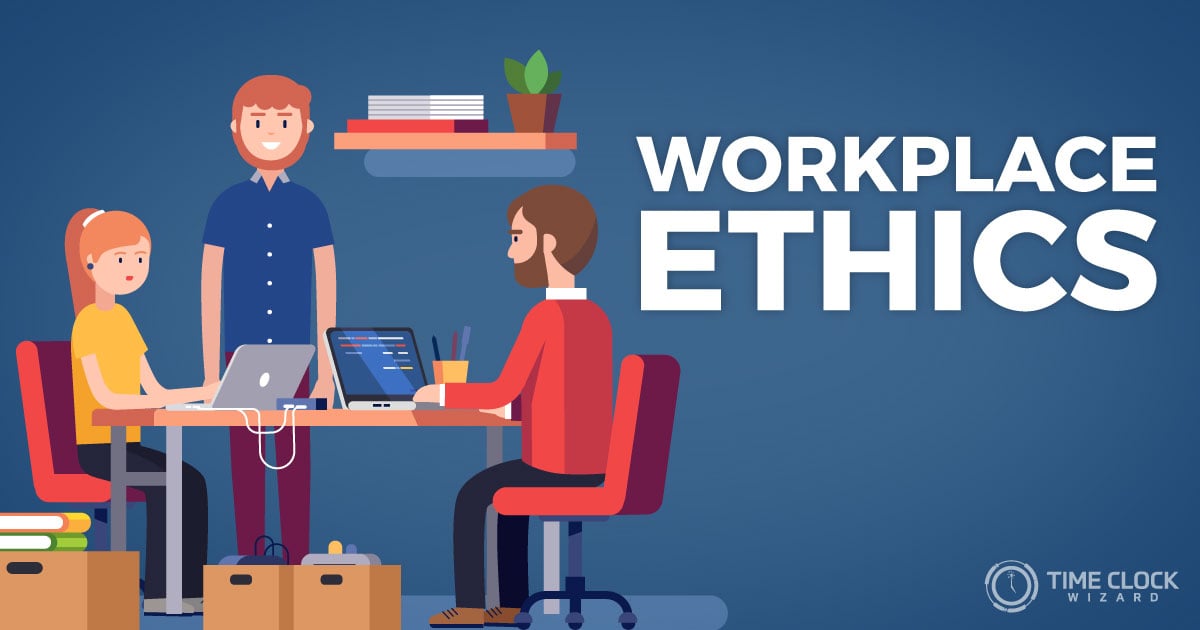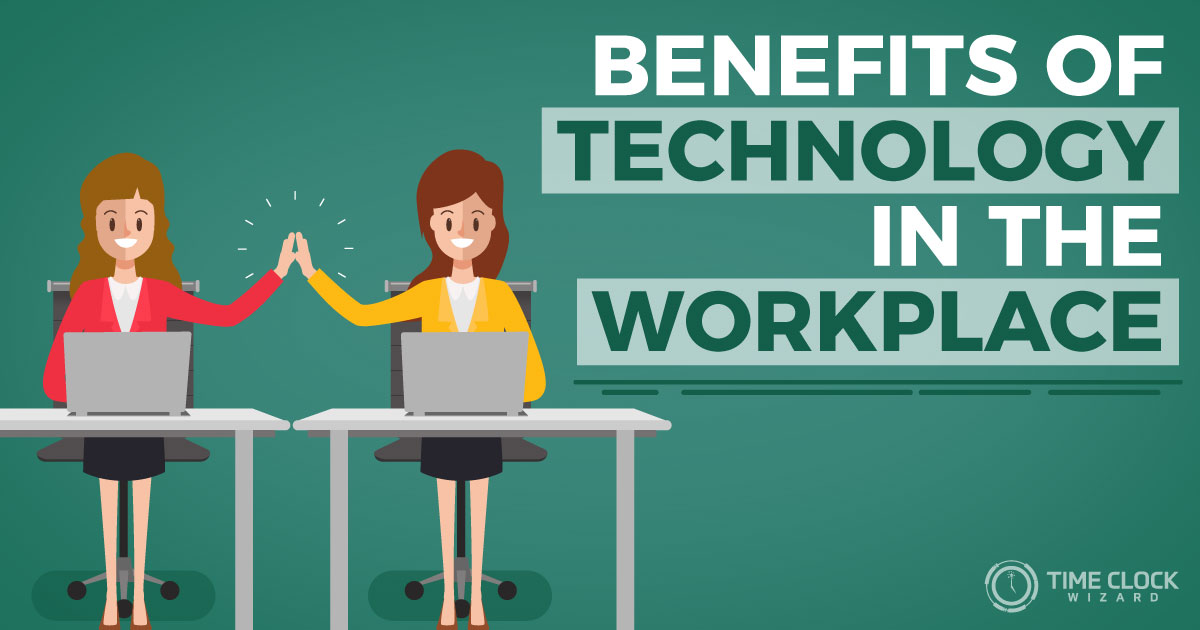
For the last 20 years, the workplace as we know it has been undergoing seismic shifts. How companies operate, communicate, and evaluate anything and everything has been touched by the impacts of technology in the workplace.
The digital transformation of the workplace isn’t always a sure-fire win for employers or their employees. It seems that digital innovation, often pitched as beneficial for a company, can create unintended or unforeseen consequences.
Some of these tech-driven changes may deliver unexpected dividends. For instance, a company adopts a new Content Management System for its editorial staff and discovers the technology has great bells and whistles that the marketing team can use too. It’s the great thing about using a new system that is scalable, practical and useful for a company.
But there are a lot of unintended consequences that are disadvantages of technology today. This happens when certain business solutions—the selling point for so many digital marketing and consulting companies — create new problems, rather than solving existing issues.
This article is going to take a look a handful of issues raised by the impacts of technology in the workplace including ethical matters, cost issues, corporate culture headaches, fiscal problems, and security concerns. The ultimate goal of the article, however, is to offer some lessons that employers, managers and the human resource officers can truly learn from.
Workplace Ethics Definition
The most essential resource for every company on the planet is always going to be its employees. Workplace ethics can simply be defined as – doing the right thing by your employees, for the right reasons. There are a host of technological innovations that, while good for the company, may create negative impacts of technology in the workplace. Surveillance programs exist that allow employers to track employee web surfing, monitor staff via video cameras, and even track every keystroke on a computer.
Installing these digital tracking programs can easily be justified by most efficiency experts and the most detail-oriented managers. In some cases, adopting them makes good sense. The ability to recover every keystroke may make sense for an accounting business that wants to cross check.
Studies show that employees who know they are being closely monitored, become more efficient workers. But there are costs involved. An angry, dissatisfied employee will affect morale, challenge management, and possibly sow the seeds of discontent among the rest of the workforce.
The Bottom Line: Exercise restraint and caution when you consider deploying employee tracking technology; it can cause more problems than it solves, so do the math.
The Ethics of Hours: Ethical Impacts Of Technology In The Workplace
Many companies allow employees remote or mobile access so workers can work anywhere and at any time. In this way, work has been liberated from the workplace. That is great—for workaholics and ambitious employees who want to get ahead. It’s also great for employees who may get sick or have family issues that keep them out of the office.
It’s also beneficial, it must be noted, to the employers. Remote access often translates into salaried employees working more hours—without adding to a company’s line of expenses.
For fans of 8-hour work days, 40 hours weeks and somewhat of a work-life balance, the ability to work outside the workplace is a problematic proposition. Creating a work culture where employees are not compensated for additional work on a consistent basis—but where there is pressure to work long hours—can have plenty of negative dividends, the kind that creates nightmares for human resource departments, and eventually managers throughout the workplace.
The first problem with a 24/7 work culture is that it is abusive to workers. Working extra hours should be rewarded. If it isn’t, get ready for a backlash. Morale will likely drop.
When morale drops, recruiting new staff becomes more difficult. Potential hires often do their own research. They ask about corporate culture. They read Glassdoor reviews. If they are mulling multiple job offers, having a reputation as workaholic culture isn’t a positive attribute; it’s a toxic one.
Eventually, all over-worked, over-stressed employees reach the point of diminishing returns. This happens when employees work long days continuously for months that turn into years. Eventually, mistakes will be made. Details that are usually caught will be missed. Most of the time, these snafus will be fixed. The world will keep turning. But what happens when an overworked quality assurance associate fails to discover a broken link in an email going out to a million customers? Or a lawyer mistakenly deletes a key clause in a contract? Some human errors cost more than others.
The Bottom Line: Introduce guidelines. Encourage managers to manage employees to get optimal performance and not use remote technology to discourage staff.
Benefits Of Technology In The Workplace
One of the most significant developments in the 21st century is that online banking has eliminated the need to ever wait online at your local branch. It’s fantastic! Thanks to direct deposit, you just log- on and pay your bills, move money around, whatever.
Another great development is email. So fast, so direct, so searchable. With all these technological advancements in the workplace, comes a great need for tracking efforts. Technology gives employers to hire skilled individuals, regardless of their physical location. With remote teams, there is always a necessity to use the same technological advancements for some compliance and productivity tracking.
Tracking workers can make a great deal of sense, as we said earlier. Using employee monitoring software to track workers’ hours—like Time Clock Wizard— makes perfect sense, especially if you are employing a remote workforce. Using digital technology to keep track of employee actions makes sense as well. Understanding worker efficiency—and inefficiency—is a great way to increase a company’s productivity.
The Bottom Line: When used properly, utilizing new technology in the workplace can change the way your business operates.
The Disadvantages Of Technology Today
Here’s the thing as anyone who’s ever mistakenly opened an innocent-seeming email and unwittingly downloaded a hacker’s trojan horse program. In these instances, technology sucks! Your password to your bank is exposed—and so are all your funds. Ugh.
So much business is now conducted thanks to technological advancement—e-commerce, stock trading, banking, gambling, software as a service. And all of it depends on security.—guarding passwords, debugging access points, putting up firewalls, using anti-virus software.
Any security vulnerability can be lethal to a company. Disastrous security breaches can result in class actions suits and fines, and, ultimately crater stock prices. The carnage from these events is almost incalculable. Fortunes can be lost and workplaces shuttered.
The Bottom Line: Technology giveth and technology taketh away. So, invest in having the best Information Technology (IT) specialists and internet security specialists you can afford.
Timing Is Everything
Remember the content management system mentioned at the beginning of this essay? It was a pretty great purchase when you bought it ten years ago before cloud computing erupted. Remember how you had to integrate the software into your servers? And now, every time you find a bug or need an upgrade, it takes months and months and added fees to resolve? Sure you do. What a prehistoric system!
Funny how technology can grow old and obsolete in just a matter of a year. That’s why companies making big bets on technology need to do their due diligence. It can be a matter of life and death for any company.
But vetting technology isn’t just about the technology. It’s also a matter of predicting markets and gazing into the future—which is no easy thing. Just ask the companies like Blockbuster Video.
The Bottom Line: The best companies continuously reinvent themselves. To do that, spend time investigating the technologies of the future.
Here Come the Robots: New Technology In The Workplace
The most challenging issue for bringing new technology into the workplace involves the sometimes frightening fact apps, robots, and artificial intelligence programs are poised to over-run the workplace. The awesome power of digital technology and equally impressive power of the human mind are eliminating a number of jobs. The digital revolution has already lead to the death of print newspapers and magazine – some of the more devastating impacts of technology in the workplace. The music industry has been turned upside down and inside out. A.I., if you believe the projections of some of tech’s leading visionary thinkers, will put much of the working world on auto-pilot.
Tech, of course, is also creating new jobs. The impacts of technology in the workplace are endless. Bet the workplaces of the future will look very different from how they look now.
The Bottom Line: People are looking more and more like old media. Invest in tech.







